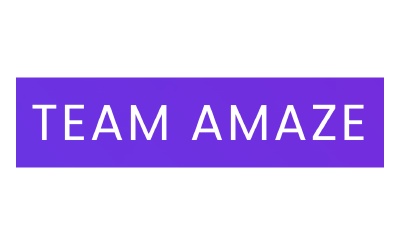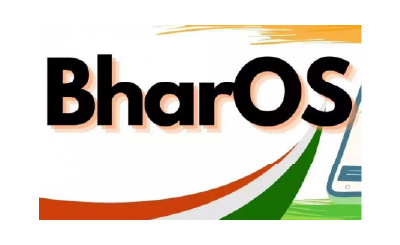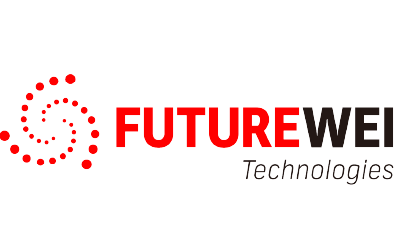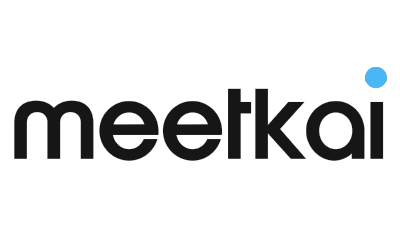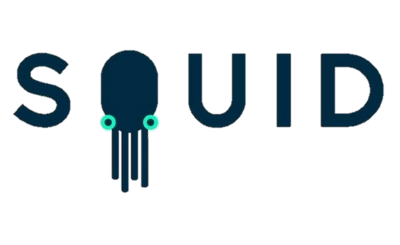Open Mobile Hub (OMH) is an open-source project hosted by the Linux Foundation , designed to provide a unified framework for mobile app development.
OMH acts as an abstraction layer above various Software Development Kits (SDKs), standardizing and simplifying how applications interact with underlying services, regardless of the service provider. By aligning with the Linux Foundation’s mission of fostering innovation and removing boundaries, OMH leverages the power of open source to reduce complexity, encourage flexibility, and drive technological advancement in the rapidly evolving landscape of mobile and web services.
Developers and providers can even extend OMH’s functionality with custom plugins. Find it on GitHub.
